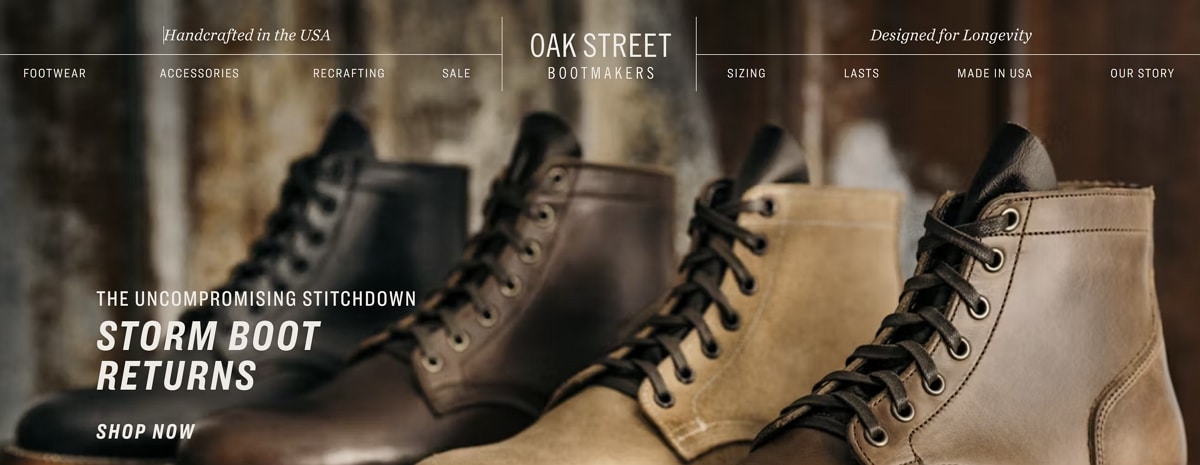FTC Warns Amazon About “Made in USA” Claims
The “Made in USA” label carries weight—not just as a marketing tool, but as a trust signal to consumers who want to support American manufacturing. But the Federal Trade Commission (FTC) is tightening its grip on companies making deceptive claims about U.S. origin, especially on Amazon.
On July 15, the FTC issued warning letters to four companies and two major online platforms—Amazon and Walmart—over questionable “Made in USA” assertions. It also alerted Amazon to sellers potentially violating these rules.
This move underscores the agency’s renewed focus on protecting consumers and honest sellers from misleading marketing practices.
Who Got Warned and Why It Matters
The letters targeted Americana Liberty (flagpoles), Oak Street Manufacturing (footwear), Pro Sports Group (football equipment), and USA Big Mountain Paper (personal care). Each company was told their marketing may violate the FTC Act and the Made in USA Labeling Rule unless their products are “all or virtually all” made domestically.

The FTC’s position is clear: empty slogans and vague patriotic branding don’t cut it. If a product is labeled “Made in USA,” it must meet strict standards, including that significant parts and labor originate within the U.S.
- Products must be “all or virtually all” made in the United States
- False claims may result in subpoenas, lawsuits, and civil penalties
- Even marketplace listings from third-party sellers fall under scrutiny
FTC Chairman Andrew N. Ferguson didn’t mince words: “Consumers want to have confidence that when they buy something labelled ‘Made in the USA’ they are actually supporting American workers.” This is more than enforcement—it’s a call to keep eCommerce honest.
Marketplaces Aren’t Off the Hook
The FTC also sent letters to Amazon and Walmart, urging them to police their marketplaces more diligently. The agency flagged specific third-party sellers that may be misleading consumers with “Made in USA” claims. These platforms are being reminded that allowing such listings could violate the FTC Act—and their own terms of service.

For Amazon and Walmart sellers, this is a loud wake-up call. If you’re importing products and loosely slapping on patriotic tags, you could be putting your entire store at risk. Accurate origin labeling isn’t just ethical—it’s legally essential. If you’re selling on Amazon, we’ve previously covered how to correctly use “Made in USA” claims to avoid trouble.
Stay Compliant, Stay Competitive
This latest move is part of a broader July initiative by the FTC to emphasize its Made in USA standards. The agency also offers guidance to help businesses understand compliance—and avoid fines and lawsuits.
If your brand genuinely manufactures in the U.S., this is an opportunity to double down on that story. But if you're stretching the truth, it’s time to reassess. In the long run, transparency is not just the legal path—it’s the smarter business strategy.
Conclusion
For eCommerce entrepreneurs, the FTC’s warning is a timely reminder: authenticity sells, and deception costs. If “Made in USA” is part of your brand’s narrative, make sure you’ve got the proof to back it up. The FTC is watching—and so are your customers.
Want to build a brand customers can trust? Start with clear, honest messaging and airtight compliance. It’s not just good business. It’s the law.



